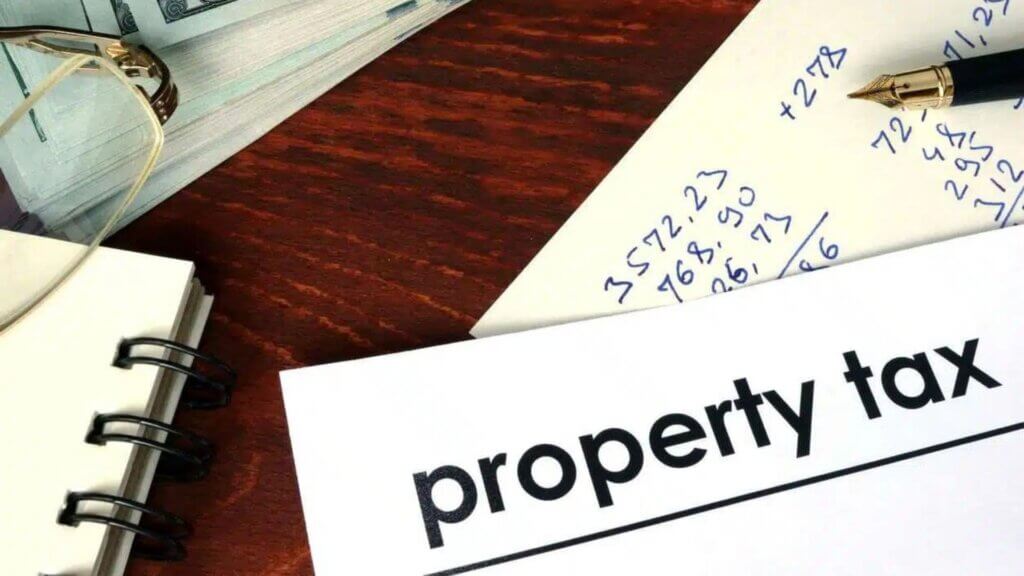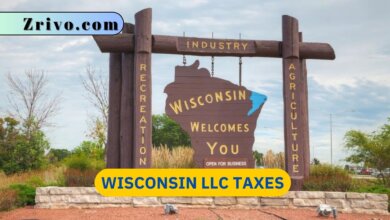Connecticut Property Taxes 2023 - 2024
Connecticut property taxes are an important part of the state budget. It is important to know about the different factors that influence the amount of tax you pay. You can also save money on your property taxes by making energy-efficient improvements.

Contents
A property tax is a local, semi-annual tax on the market value of real estate (land and buildings) and personal property (furniture, equipment, machinery, and fixtures) in cities and towns across Connecticut. It is based on the local mill rate, which is a percentage of an assessed property’s fair market value. Connecticut Property Taxes amount depend on the assessed value of your home and the mill rate set by your local government. The mill rate is expressed as a number of dollars per $1,000 of assessed value. You can find this information on your tax bill or by contacting the local assessor’s office.
In 2023, Connecticut had the country’s third-highest effective property tax rate for single-family homes, according to ATTOM. However, the state’s rates remain lower than those of other states in the Northeast.
How to Calculate Property Taxes in Connecticut?
Property tax is a primary source of revenue for Connecticut. It is based on a property’s assessed value and can vary from municipality to municipality. It is important for property owners to understand how property taxes are calculated and how they can potentially lower their bills. There are several strategies for doing so, including filing available exemptions and making energy-efficient improvements.
To calculate property taxes, you will need the following information: the town or city where your property is located, its assessed value, and the mill rate. You can find the mill rate on your tax bill or by contacting the local tax assessor’s office. Once you have this information, you can multiply the assessed value by the mill rate to determine how much you owe in property taxes.

Connecticut Property Tax Due Date
Property taxes in Connecticut are due semi-annually, on July 1 and January 1. Real estate tax bills are based on the property’s value as of October 1, while personal property taxes are based on the business’s property as of October 1. Motor vehicle and supplemental motor vehicle taxes are due in full in July.
Property tax payments must be postmarked, or otherwise imprinted with an official postal service postmark, by the last day to pay in order to avoid late penalties. Failure to receive a tax bill does not exempt taxpayers from paying the tax and interest, per Connecticut State Law 12-70/12-130.
Original tax bills are mailed in late June, including payment stubs for the July and January installments based on the October 1 Grand List. If a taxpayer sells a piece of property during the fiscal year, it is important that they get a copy of the tax bill from their attorney before the closing date. Failure to pay a delinquent tax installment will result in interest at the rate of 1.5% per month (18% annually).

Connecticut Property Tax Deductions
As a homeowner, you want to know about any tax breaks available to you. This is a good idea because property taxes are one of the biggest expenses you will face as a homeowner. The good news is that there are many Connecticut tax benefits for homeowners. These include exemptions, rebates, and credits.
The state of Connecticut has a different system of property tax than other states. Instead of deductions, Connecticut uses tax credits to reduce your property tax liability. However, it is important to note that these credits are not available to residents of all counties.
The Circuit Breaker program allows elderly and disabled Newtown homeowners to qualify for a property tax credit of up to $1,000. To be eligible for the program, you must own and occupy your home as your legal domicile for at least one year prior to filing. You also must meet the income requirements for the program.
Connecticut Property Tax Exemptions
There are many ways to lower your property taxes in Connecticut. One way is to file for any available exemptions, which can help reduce your property tax bill significantly. Another strategy is to make energy-efficient improvements, which can save you money on your property tax bill while also improving the environment. You can also try to appeal your assessment if you think it is too high.





